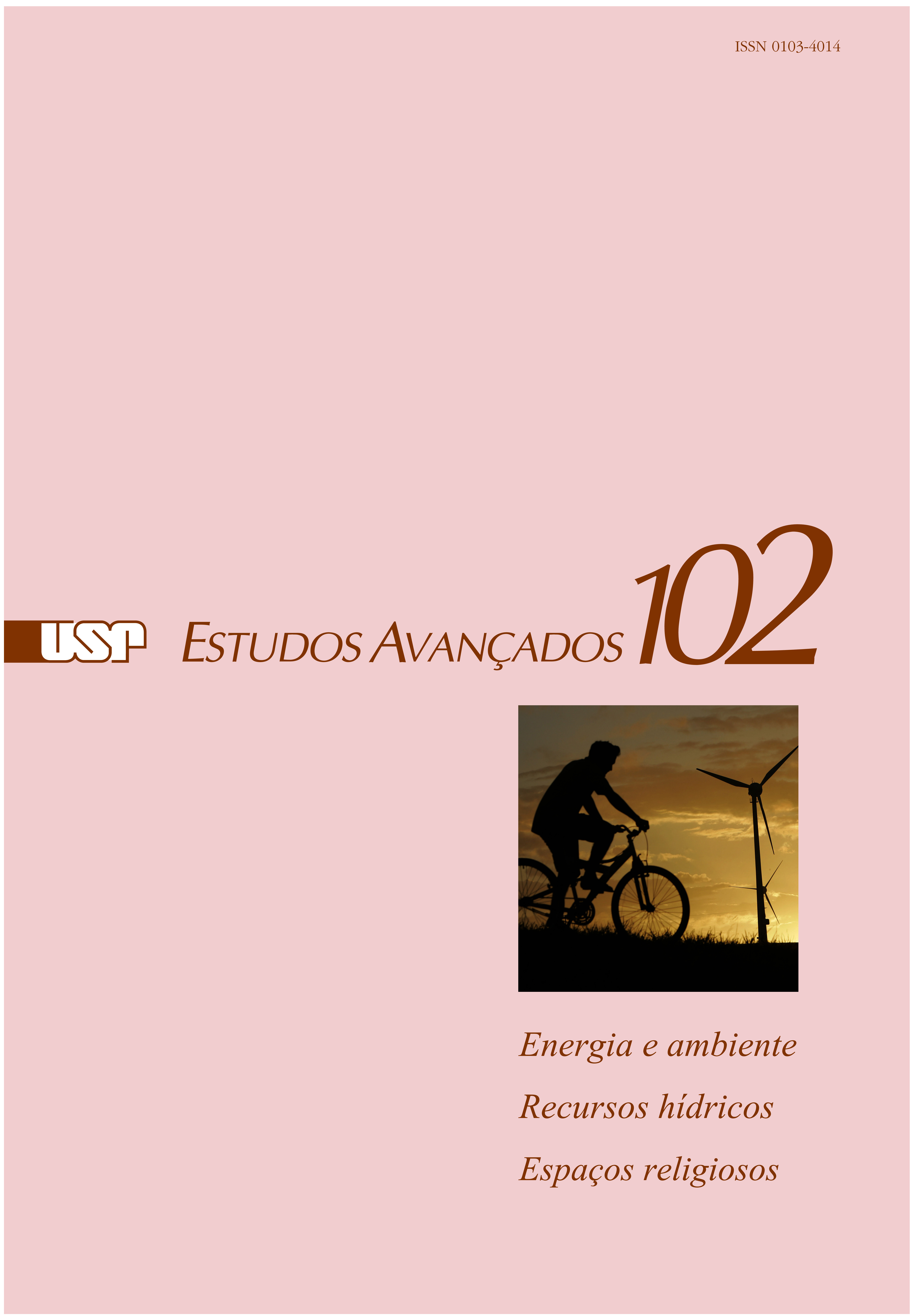Africa and South America: The future entails biodiversity
DOI:
https://doi.org/10.1590/s0103-4014.2021.35102.007Keywords:
Biodiversity, South America, Africa, Biotechnology, Nagoya ProtocolAbstract
This article aims to show that Africa and South America could benefit more from the resources of their tropical forests. This is because the biodiversity strongly present on both continents is the basis for the development of many drugs, pesticides, and other products of the chemical and pharmaceutical industry, which, however, are located mainly in the most developed regions of the planet. The article lists the authors who have addressed this issue and proposes measures that could transform these poorer continents from mere suppliers of plant-based knowledge into important pharmaceutical manufacturers. It claims that biotechnology will be one of the most important disciplines less than thirty years from now, but depends on the knowledge found in the plants, which is the reason why biodiversity is so important. And it also discusses how biopiracy harms both regions, although because of the recent Nagoya Protocol, there are fortunately new tools to eliminate this huge problem.
Downloads
References
ALENCAR, A. F. de. A proteção dos conhecimentos tradicionais associados ao patrimônio genético da Amazônia Brasileira. Manaus: Plataforma Pública Direito. 2010.
ANDERSON-SPRECHER, A.; JIE, M. China considering major revisions on Biotechnology Regulations. Global Agricultural Information Network, 2015. GAIN report 14032 de 31/12/2014.
BECKER, B. K. Da preservação à utilização consciente da biodiversidade Amazônica. Petrópolis: Vozes, 2006.
CALIXTO, J. B.; SIQUEIRA, J. M. Desenvolvimento de medicamentos no Brasil: Desafios (The drug development in Brazil: Challenges). Gazeta Médica da Bahia, v.78, p.98-106, 2008.
CARRER, H.; BARBOSA, A. L.; RAMIRO, D. A. Biotecnologia na Agricultura. Revista de Estudos Avançados, v.24, n.70, 2010.
CDB – CONVENTION ON BIOLOGICAL DIVERSITY. Nagoya Protocol on Access to Genetic Resources and Fair and Equitable Sharing of Benefits Arising from their utilization on the Convention on Biological Diversity. Montreal, Canada. United Nations: Secretariat of Convention on Biological Diversity. 2011.
DICKEN, P. Global Shift: Mapping the changing contours of the world economy. 7 ed. London: Guilford Publications. 2015.
FALEIRO, F. G. et al. Biotecnologia: estado da arte e aplicações na agropecuária. Brasília: Embrapa, 2011.
FAO – Food and Agriculture Organization of the United Nations. The state of food security and nutrition in the world. Roma: FAO, 2017.
FARUQI, S. The business of Biodiversity. SSIR – Stanford Social Innovation Review, v.15, n.1, 2017.
FELDMANN, M. G.; SILVA, M. N. C. Currículo Relacional na Amazônia. Revista e-Curriculum, v.16, n.4, 2018.
FELDMANN, P. R. Management in Latin America: Threats and Opportunities in the Globalized World. New York: Springer, 2014.
KONDRATIEV, N. The long wave in economic life. Review of Economic Statistics, v.17, p.105- 15, 1925.
LOVEJOY, T. E. Climate Change and biodiversity. The energy and resources institute. Michigan: Yale University Press, 2006.
PACANARO, R. F. Biopirataria: falta de legislação específica. Piracicaba, 2010. Dissertação (Mestrado) – Unive4rsidade Metodista de Piracicaba.
PIMENTEL, V. et al. Biodiversidade brasileira como fonte da inovação farmacêutica: uma nova esperança? Revista do BNDES, n.43, p.41-9, jun. 2015.
RABITZ, F. Biopiracy after the Nagoya Protocol: Problem Structure, Regime Design and Implementation Challenges. Revista da Associação Brasileira de Ciência Política, v.19, n.2, p.30-53, 2015.
RIFKIN, J. O século da biotecnologia. São Paulo: Makron Books, 1999.
SCHUMPETER, J. Capitalism, socialism and democracy. London: Allen& Unwin, 1943.
SILVEIRA, J. M. F. J. et al. Biotecnologia e agricultura: da ciência e tecnologia aos impactos da inovação. São Paulo em Perspectiva, v.19, n.2, 2005.
WILSON, E. O. The creation: an appeal to save life on earth. New York: W.W. Norton, 2006.
Downloads
Published
Issue
Section
License
Copyright (c) 2021 Paulo Roberto Feldmann

This work is licensed under a Creative Commons Attribution-NonCommercial 4.0 International License.
Estudos Avançados não celebra contrato de cessão de direitos autorais com seus colaboradores, razão pela qual não detém os direitos autorais dos artigos publicados. Os interessados em reproduzir artigos publicados na revista devem necessariamente obter o consentimento do autor e atribuir devidamente os créditos ao periódico.


